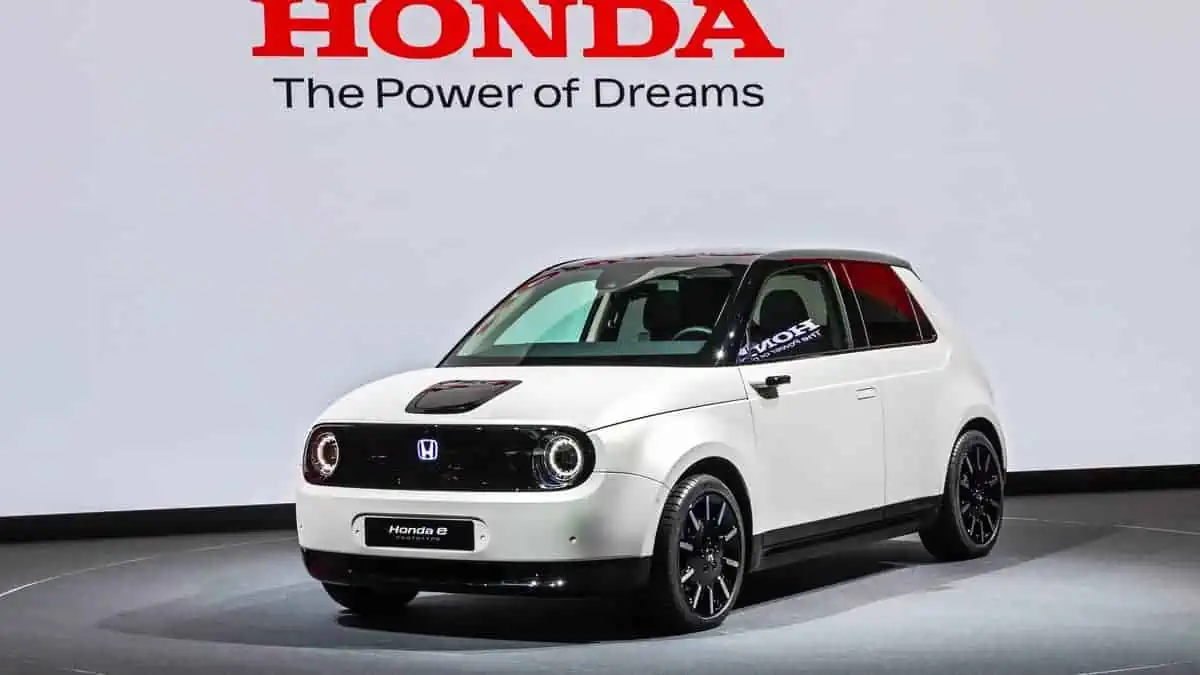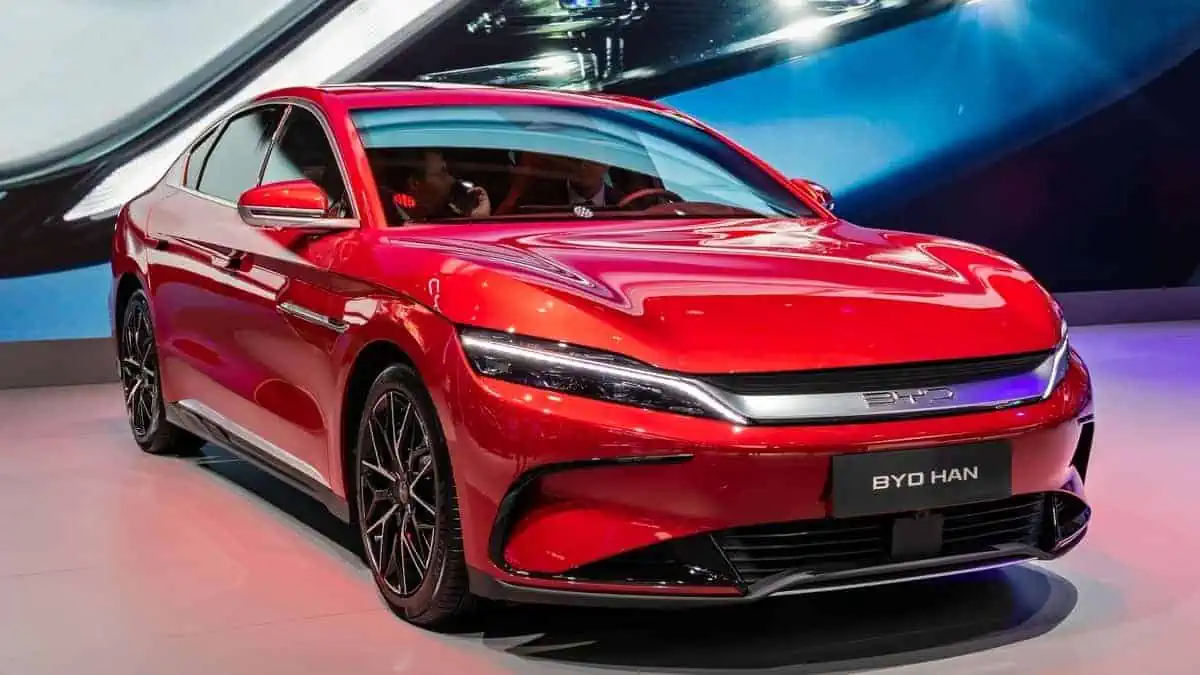Dave Gardner, Vice President of Business and Sales for American Honda, claimed that Acura’s first-ever electric vehicle has an expensive lithium battery, exceeding the similar ICE SUV cost.
While the price of lithium-ion batteries has dropped over the past ten years from a staggering $1,200 per kWh of power stored to $132/kWh, the raw materials required to make them have been hampered by supply-chain problems and flawed mining methods. This could prevent further cost reductions or even reverse the progress that has already been made.
Honda is placing its bet on solid-state batteries considering that current battery technology would not become as affordable as is required for cost parity with ICE vehicles, according to VP Gardner via the Drive last week.
VP Gardner further stated:
“We [Honda] don’t really believe that the current lithium-ion technology is the long-term solution.” The “game changer” for EVs, according to VP Gardner, will be solid-state batteries, which are still in the early stages of development and have only been utilized in a handful of prototype models.
While acknowledging that solid-state batteries are not yet fully developed, he reassured that Honda is actively working on their development and has expanded its R&D efforts. Currently, Honda is striving to conduct small-scale experiments, which are steadily growing.
Some manufacturers, however, contend that genuine price parity between ICE and EVs won’t be achieved until batteries cost $50 per kWh, which is probably not feasible with current technology.
Having said that, today may be as inexpensive as lithium-ion EVs can go without noticeably less expensive raw ingredients, which will probably not be discovered.
Nonetheless, Honda will invest $310 million into an experimental production line for testing solid-state battery mass production.






